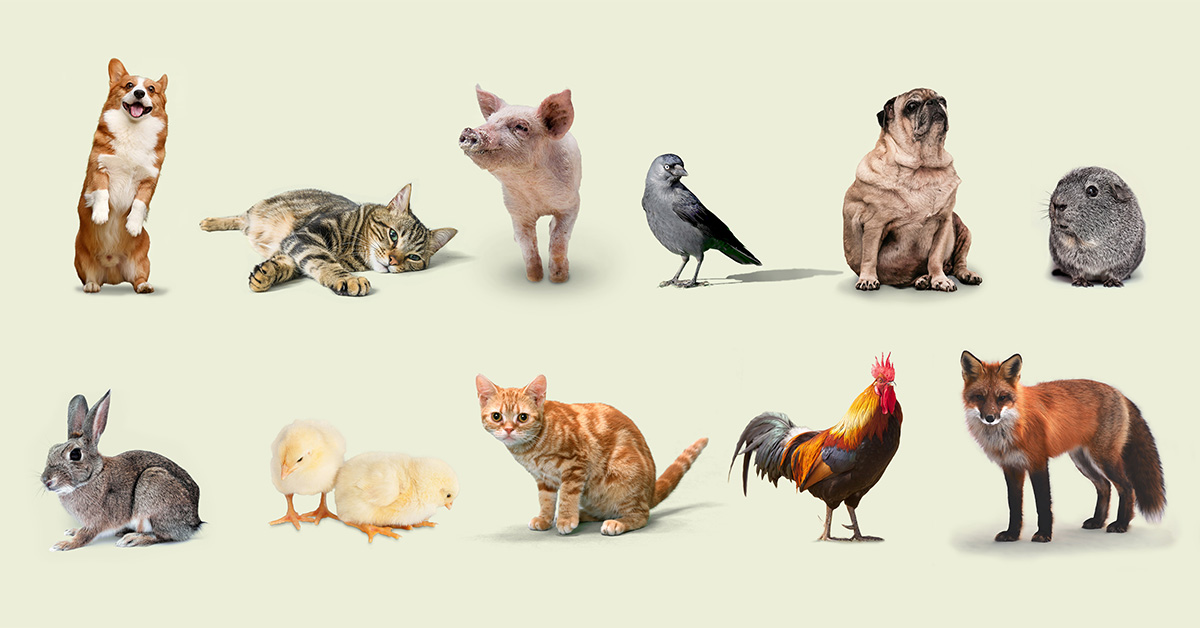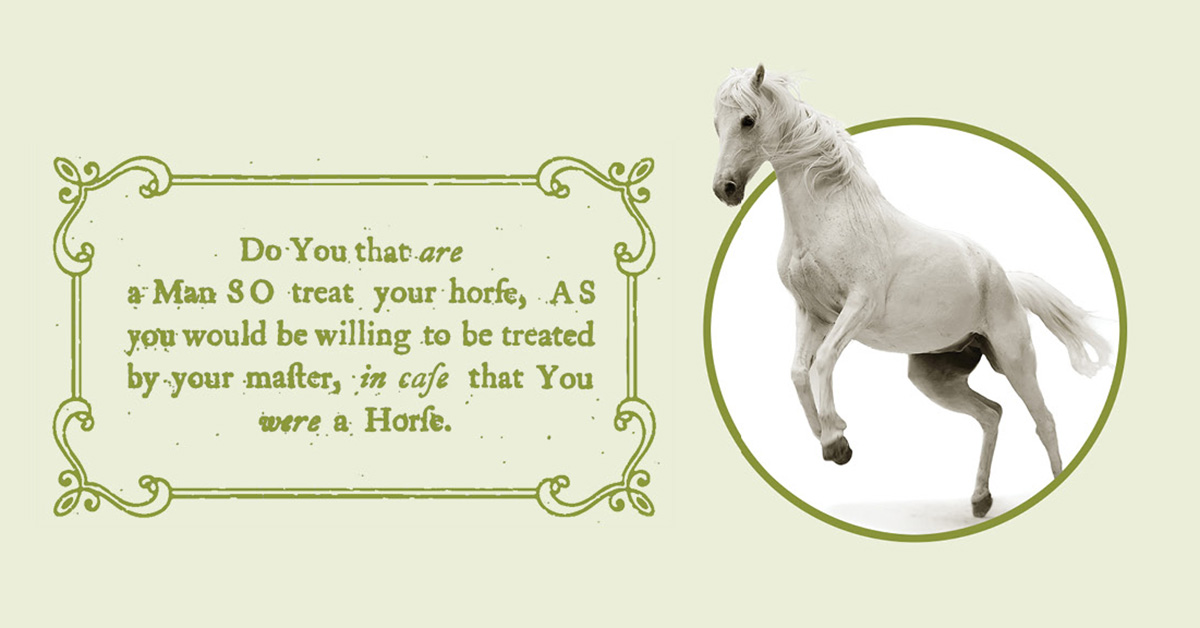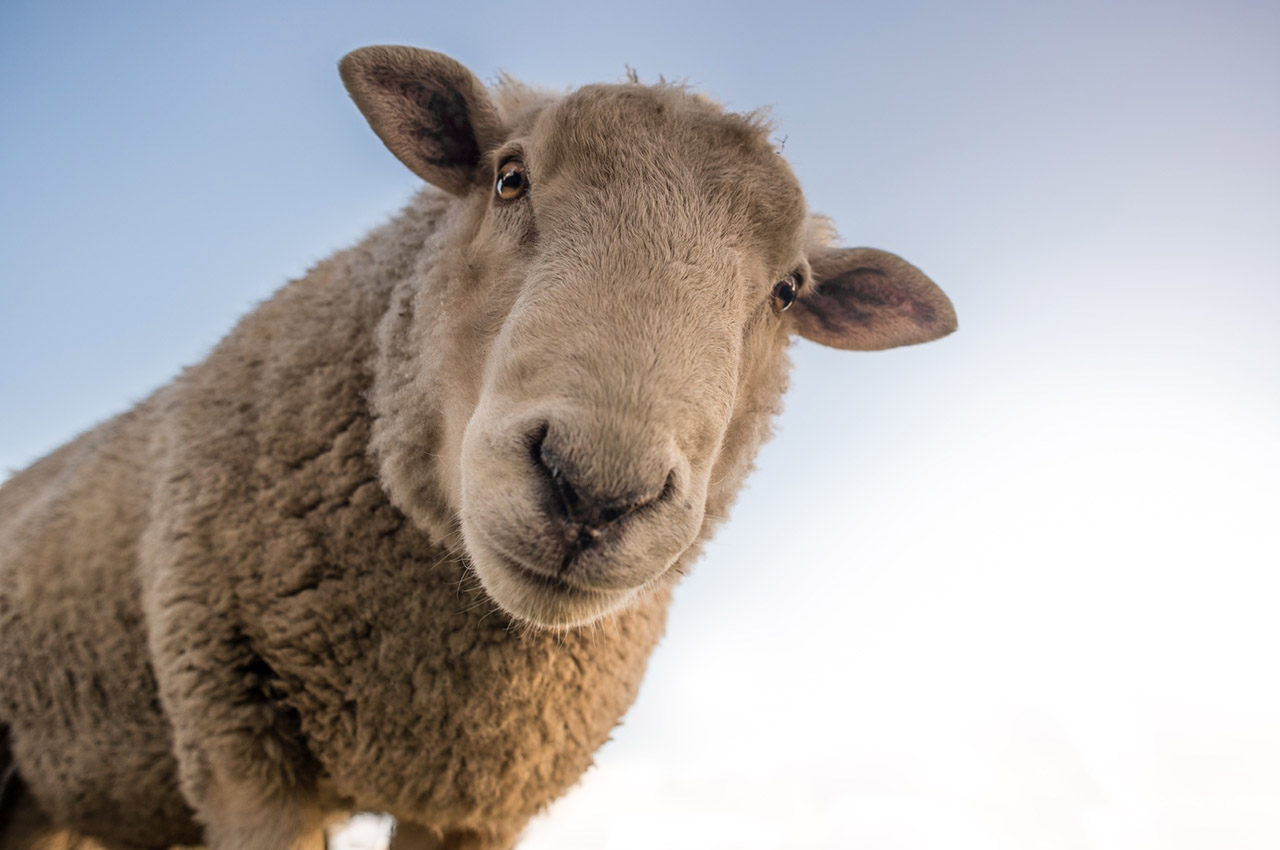

This year the Society for the Prevention of Cruelty to Animals (SPCA) turns 200. There is a long and chequered history of how to think about and treat animals. In the process, again and again animals have been subjected to terrible cruelty. Nineteenth century UK was no different. Not only was cruelty to animals pervasive and public, it was also celebrated in various forms of entertainment among both the poor and the rich.
The SPCA was formed on June 16, 1824, at a meeting at Old Slaughter’s Coffee House in Covent Garden, London, called by Rev Arthur Broom (1779–1837). The twenty-one men who responded to Broom’s call discussed the impact of the 1822 Ill Treatment of Cattle Act, the first piece of animal rights’ legislation ever promulgated by a democracy, drafted by Colonel Richard Martin. Martin was part of the meeting, as were several clergy, Evangelical activists, notably William Wilberforce, a doctor, a newspaper editor, a barrister and a Jewish businessman and inventor. “Their first priorities, they determined, should be to ensure that Martin’s Act was enforced, to educate the public about animal welfare, to investigate the condition of animals in the markets, streets, and slaughterhouses, and to pass stronger laws that would extend greater protection to more kinds of beasts. To do this, they agreed to found an organisation: they would call themselves the Society for the Prevention of Cruelty to Animals.”¹
In retrospect it is hard to realise just how much resistance the SPCA encountered and just what hard work was involved in keeping it going. Broom, for example, was liable for the SPCA and when it went bankrupt he was imprisoned. A notable turning point came when Princess Victoria became a member and its existence was assured when it became the RSPCA during her reign.
What motivated most of these activists? They were by no means all Christians, but the majority were, and many were keen Evangelicals. Indeed, many of them were the same people who worked tirelessly for the abolition of slavery. In 1831 Broom published an edited and annotated version of Rev Humphrey Primatt’s A Dissertation on the Duty of Mercy and Sin of Cruelty to Brute Animals, which gives one an insight into the motivations of these activists. Primatt, for example, extends Jesus’ golden rule of Matthew 7:12 to horses, asking,
“Do You that are a Man SO treat your horse AS you would be willing to be treated by your master, in case that You were a Horse?”²

It would be hard to overestimate the number of animals saved from cruelty as a result of the work of these activists. It would also be hard to overestimate the joy that countless animals have brought into our lives as a result of their work. We need to excavate and tell their stories – there are archives to be explored and established, research to be done, and stories to be told.
Many of us love animals but never stop to reflect on how the good news of Jesus relates to our fellow creatures. This was not a mistake these activists made, and we do well to explore and retrieve their view of mission, which included relentless campaigning against slavery and advocating for the just treatment of animals. How is it that they had such a comprehensive view of mission while we so often have a thoroughly reductionistic one? Animals are not humans, despite the current tendency to describe them as our sons and daughters, but they are sentient creatures, and our role as God’s image bearers is to facilitate the flourishing of all of the creation, including the animals. Romans 8:22 speaks of the whole of the creation groaning, and far too often we have made sure that animals cry out in agony to their creator. The gospel is, however, good news for all of the creation, including animals, and this is something that these activists saw and practised. For so many animals the establishment of the SPCA was akin to Jesus’ triumphal entry into Jerusalem, truly a hallelujah moment!
One would think that churches across the UK and in so many other countries would be celebrating the 200th anniversary of the SPCA and its Christian origins, but if they are I am not seeing it. An internet search yields few results. And yet this is a major way in which Christian witness has penetrated deep into many of our cultures and has been welcomed by Christian and non-Christian alike. Theologically it is called “common” grace – God’s activity in history restraining evil and promoting flourishing, in this case through the courageous initiative of a small group of people willing to stand up against pervasive cruelty. The anniversary of the SPCA is a marvellous opportunity to bear witness to the Christ who goes to the cross in order to lead the whole creation in an exodus from sin and death, including the abuse of animals.
The anniversary is also an opportunity to reflect on how we treat animals today. In many of our cultures public abuse is mercifully no longer allowed, but the battle against cruelty to animals has not yet been won: “Behind the walls of our factory farms, slaughterhouses, corporate laboratories, urban warehouses, and many private homes, animals still suffer.”³
Craig Bartholomew is the Director of KLC.

1. Kathryn Shevelow, For the Love of Animals: The Rise of the Animal Protection Movement (NY: Henry Holt and Co, 2008), 11.
2. Humphrey Primatt, A Dissertation on the Duty of Mercy and Sin of Cruelty to Brute Animals (London: R. Hett, 1776), 21.
3. Shevelow, For the Love of Animals, 282–83.
The Kirby Laing Centre for Public Theology in Cambridge. Charity registered in England and Wales. Charity Number: 1191741
Kirby Laing Centre, The New Mill House, Unit 1, Chesterton Mill, French’s Road, Cambridge, CB4 3NP
© 2024 The Kirby Laing Centre for Public Theology in Cambridge